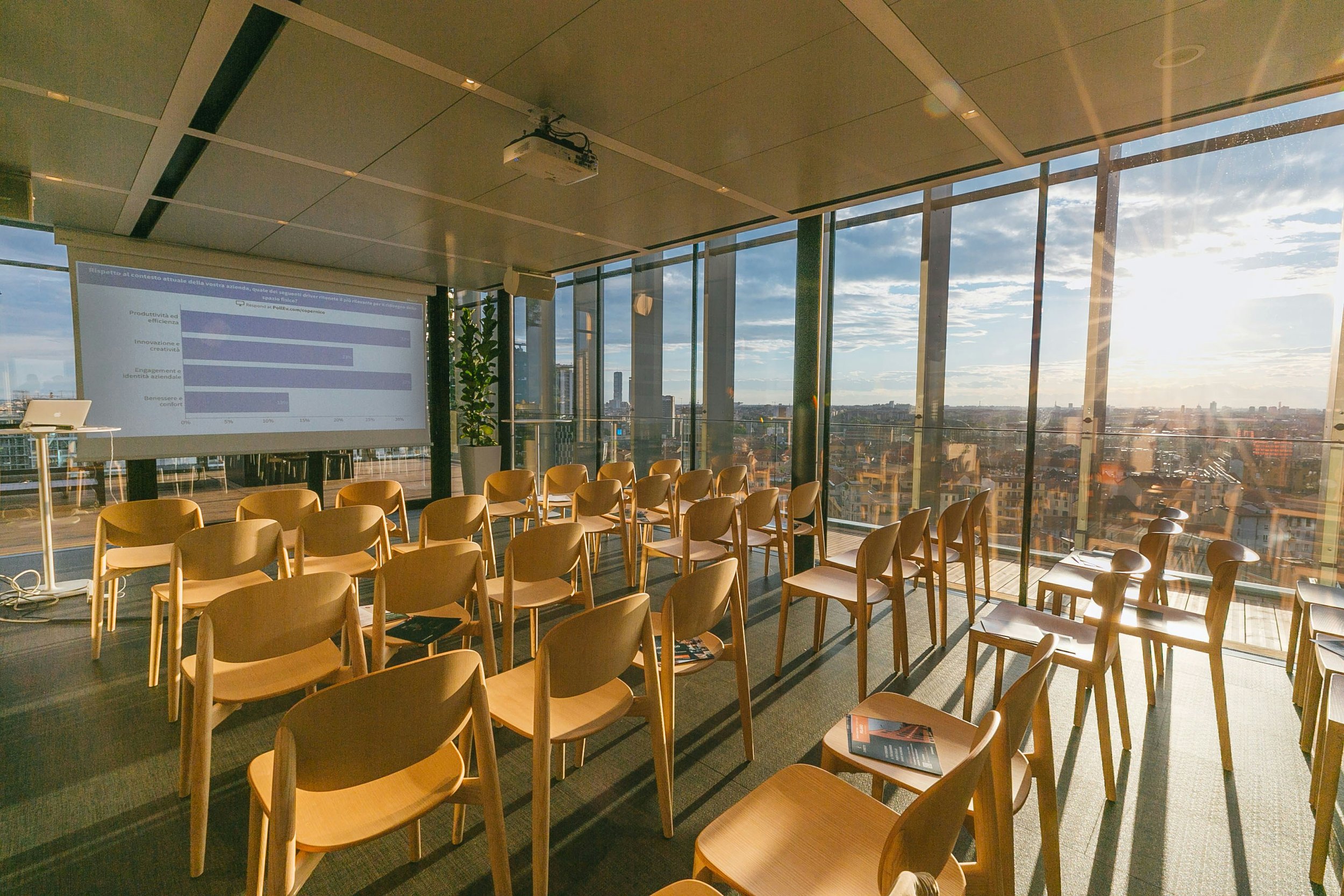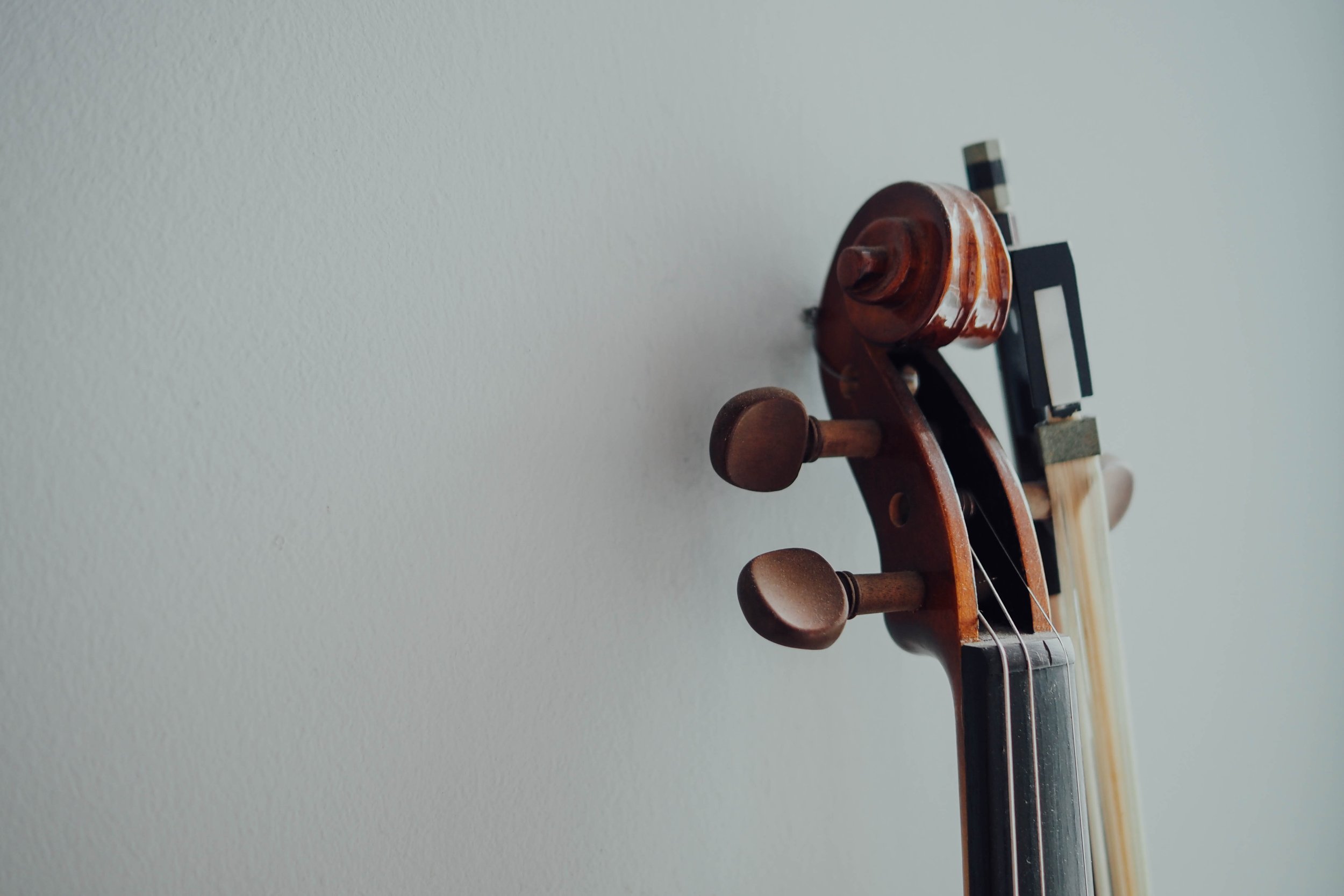Our Work
Our work showcases the research and insights of our remarkable community. Share your work with ASO by collaborating here. Subscribe to our free newsletter by clicking here.

Time as an element in the curriculum at The Royal College of Music
This month we release an article by Judith Kleinman exploring the evolution of Alexander Technique (AT) at the Royal College of Music (RCM), focusing on Time as a crucial element in student learning. Integrated into RCM's degree programs and available as individual lessons, AT has been offered since the 1960s, with group classes starting in 1991. The curriculum has evolved gradually through observation, analysis, and iteration. Emphasizing Time enhances students' understanding of presence, reaction, and time flow, vital for musical performance and personal development.

In Conversation: Regina Stratil's Path to Uncovering Irene Tasker's Story
In the 41st edition, Malcolm Williamson engages in dialogue with Regina Stratil, the author of the book "Irene Tasker - Her Life and Work with the Alexander Technique." The conversation delves into Stratil’s journey in researching and writing the book, shedding light on her research and compositional process. She shares insights into Tasker's life and contributions, highlighting the significance of this important figure within the historical tapestry of the Alexander Technique.

How Alexander Technique lessons can help family carers - Part II
In the second part of this two-part series, Monika Gross elaborates on communicating research findings into how Alexander Technique lessons can assist caregivers for individuals living with Parkinson’s, Dementia, and other medical conditions. Additionally, a copy of a podium presentation delivered at the 2023 European Alzheimer’s Conference is provided.

Partnering with Poise – Research into how Alexander Technique lessons can help family carers
In this 39th edition, we delve into new research on how Alexander Technique (AT) lessons can help people who are a Care Giver or Care Partner for someone living with Parkinson’s, Dementia or other medical conditions. Monika Gross from The Poise Project shares insights from recent research undertaken with the University of Idaho on both in-person and online AT courses. This first part of a two-part series outlines the research background, significant outcomes, and the real need for AT to support carers in this field.

Opera and Alexander Technique: What are the connections?
This month we explore the unique challenges that opera places on the human voice as we delve into connections between Opera and the Alexander Technique (AT). Led by Gabriella Minnes Brandes, six video clips and written text explore research, process, practice, and performance in real-time with opera singers Shana White and Brittany St. Claire. Join us for this insightful journey and the open intersection of worlds in which AT supports sound quality, embodied awareness, and dynamic performance.

An Interview with Monika Gross: Alexander Technique Research & Collaboration
Welcome to the 34th edition of the ASO newsletter. In this issue, we feature an illuminating interview with Monika Gross (The Poise Project) that revolves around crucial aspects such as bridging communication gaps between the Alexander Technique and other fields, amplifying public awareness of the profession, and establishing meaningful connections with research groups and healthcare practitioners.

Why research the Alexander Technique?
This month, ASO (Alexander Studies Online) introduces its first podcast-style post titled "Why research the Alexander Technique?" Join us for a discussion with the members of the Society of Teachers of the Alexander Technique Research Group (SRG) as they explore how curiosity, challenges, and practical insights from research on AT can relate to one's personal explorations and practice.

Soma in the City: How does listening and responding to a ‘somatic podcast’ drawing on the Alexander Technique, affect one’s relationship with urban space?
This month we present a summary of research by Korina Biggs undertaken as part of her M.A. in Dance and Somatic Well-Being at the University of Central Lancashire. The study drew on the Alexander Technique and aimed to connect somatic perceptual/movement practice with challenging urban environments, exploring the potential of digital technology to deepen the connection to one's psychophysical self and surroundings.

Why have a curriculum for an experiential practice?
This month we release an article by Judith Kleinman that explores how a curriculum can act as a flexible tool to support Alexander Technique teaching, foster professional development and communication with other fields, and enrich the learning journey of the student.

Is it time to take stock of Alexander Teacher education? Research offers the means whereby.
Technological advances combined with the Covid-19 pandemic have brought about new practices in AT teaching and teacher education that were unimaginable only a few years ago. This month we release three videos in which Terry Fitzgerald PhD, MAusSTAT shares his insights and thoughts on Alexander Technique teacher training informed by his 2007 doctoral thesis that examined AT teacher education in the first decade of the millennium.

A Technique for Musicians
This month we release a paper written specifically for ASO by Malcolm Williamson (MSTAT). Malcolm played the viola professionally for over twenty years and draws on his extensive knowledge of the writings of F.M. Alexander and others to share his insights from working with students at the Royal Northern College of Music and professional musicians.
“By ‘sticking to principle’, as we say, we gradually and surely develop new ways of being true to ourselves, responding each time in ways that (re-)affirm the integrity of you as a person.”

Psychological and other ‘non-physical’ changes following Alexander Technique lessons
Many AT teachers will tell you that learning and applying the AT is helpful for stress, anxiety, and wellbeing, however until now the research evidence for these types of outcomes has never been put together and highlighted. In this 19th edition, Debbie Kinsey (PhD, ClinPsyD) and Lesley Glover (PhD, MSTAT) help summarise their recently published realist review on psychological and other ‘non-physical’ changes following Alexander Technique lessons.

Finale - Working With Musicians: Application of The Alexander Technique to Music Making Part III
This 18th newsletter is the finale of a series on the Alexander Technique and music making. It includes the final two video interviews between Dr Gabriella Minnes Brandes (CANSTAT, STAT, AMSAT, ATI) and Lorna McGhee, principal flute of the Pittsburgh Symphony Orchestra, adjunct music professor at Carnegie Mellon University, and Alexander Technique student.

Working With Musicians - Application of The Alexander Technique to Music Making Part II
This 17th newsletter continues a fascinating series on the Alexander Technique and music making. It includes the first two video interviews of a four part series between Dr Gabriella Minnes Brandes (CANSTAT, STAT, AMSAT, ATI) and Lorna McGhee, a professional musician, adjunct music professor at Carnegie Mellon University, and Alexander Technique student.

Working With Musicians - The Application of The Alexander Technique to Music Making Part I
This 16th edition of the Alexander Studies Online (ASO) newsletter is the first of a series of blogs that focuses on the Alexander Technique and music making. This month begins with an introductory video, and a paper by Dr Gabriella Minnes Brandes (CANSTAT, STAT, AMSAT, ATI) that includes three video interviews between Gabriella and Jennifer Condie, a musician and Alexander Technique pupil of Gabriella’s.

Disciplined inquiry and the Alexander Technique teacher: What is it, why do it?
In this 3rd edition of the ASO newsletter we are excited to release a paper written specifically for the ASO community. Written by Dr Gabriella Minnes Brandes (CANSTAT, STAT, AMSAT, ATI) and Dr Charlotte Woods (MSTAT), the below post helps to demystify the term disciplined inquiry and sheds light into ways in which our community can further share and grow together.
Categories
Tag Cloud
- 2023
- aging
- Alexander Technique and Pain
- Alexander Technique Literature
- Annual review
- Annual review 2024
- ATEAM Trial
- ATLAS Trial
- Back Pain
- Back pain
- books
- Books
- Breathing
- Caregivers
- chronic pain
- compassion
- Curriculum
- Dance
- Dementia
- Disciplined Inquiry
- Education
- Embodiment
- Gender
- Health Outcomes
- interviews
- Lived experience
- Motor Control
- Muscle Tone
- Musicians
- Neck Pain
- Neuroscience
- Opera
- outcome measures
- Pain management
- pain research
- Parkinson's Disease
- Performing arts
- Pilot Study
- podcast
- poise
- Postpartum
- Posture
- Scientific Research
- Self-care
- Self-confidence
- Self-efficacy
- self-report measures
- Spirituality
- Teacher Training
- Teaching
- Theoretical Research
- Voice
- Wellness
- Women